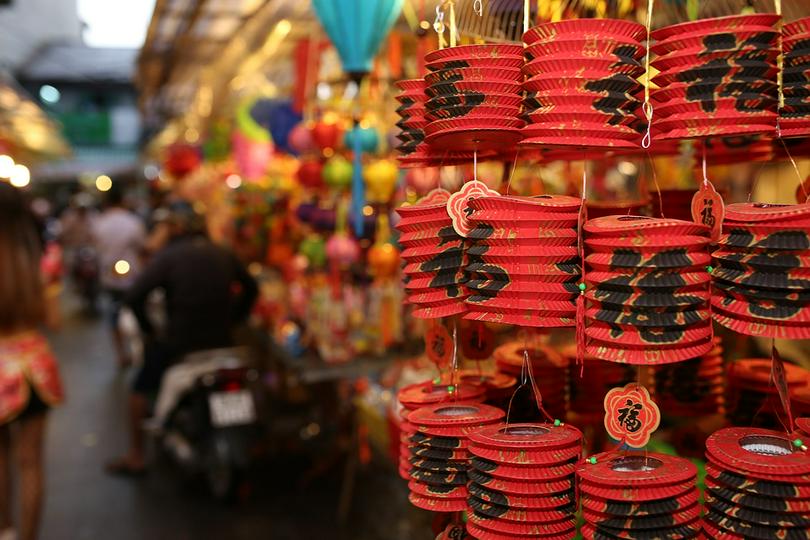Starting with the twelfth month of the Chinese lunar calendar (usually in January in the Gregorian calendar), the air is filled with Spring Festival spirit in rural China. In the old time when the life was much slower, this was the time to begin holiday shopping. Vendors would sell goods on the streets and valleys pulling little carts. When children saw their parents preparing, they'd know Spring Festival was just around the corner and winter vacation was not far away either.
Today we're going to talk about Laba Festival, the first festival in the 12th lunar month, also called 'la month' and eight is pronounced as 'Ba' in Chinese.
Speaking of Laba Festival, many people think of a custom which is to make a big pot of porridges with many ingredients. Eating this porridge means the new year is approaching. As an old Chinese saying goes, Spring Festival comes right after the Laba Festival.
So, what's the origin of Laba? Traditionally, there are several opinions:
First, Laba Festival used to be a typical holiday in the lunar calendar in ancient Chinese culture. It originated in the Xia Dynasty. At first, the date was not fixed on the eighth day, but it was a ceremony in the 11th month of the lunar calendar to sacrifice to ancestors and gods. The purpose of the sacrifice was to express thanks for the protection of ancestors and grace from the spirits, as well as pray for harvest in the coming year.
Second is the cultural influence of Buddhism. Because Buddhism didn't do well in China at first it attached itself to traditional Chinese holidays and set Laba Festival as a statutory holiday for Buddhism. As it grew more popular, Laba Festival was gradually recognized as a Buddhist holiday.
Third was the influence of Taoism. Taoism divides each year into 'five Las.' Laba is called 'nobility la' where five emperors gathered in heaven to determine man's fate.
So Laba's origin predates Buddhism as a holiday of ancient legendary Emperors Yan and Huang giving thanks to heaven. It just mingled with Buddhist culture.
Chinese holidays are all related to Buddhism in some ways, which explains why Buddhism assesses the situation working in China so that it could blend in, then influence the meaning of the holiday completely.
Christianity is the opposite. Many people come out rejecting and resisting certain holidays. Why can't we change our perspectives to see how we can influence these holidays with Christian culture?
The reason Laba Festival is preserved is not "abduction by Buddhism or Taoism," it is the food.
According to historical records, the custom of eating porridge first appeared in the Song Dynasty and it has a history of over 1,000 years. Laba porridge is different from normal porridge; it is made from five grains and a personal preference of other ingredients like dates, lotus seed, logans, and more.
Should Christians eat Laba porridge on Laba Festival? Personally I believe nothing is wrong with it. It is merely a holiday and depends on how you view it. Eating or not should not be the doctrine to bind others.
Some fundamentalists may argue why we can't have it in normal days, so why does it have to be on THAT day? The reason is that a lot of Chinese rites have something to do with the Chinese calendar and this is how our ancestors divided seasons.
As a matter of fact, if Christianity truly wants to fit in Chinese society, it can't be in the opposite camp from traditional Chinese culture. A cultural war is inadvisable. Historically, we learned the lesson from the Chinese Rites Controversy, whose essence is cultural war. It resulted in Christianity being banned in China.
The result of war is decreasing, not the other way around. No matter what kind of war it is, the outcome hurts. The thing Christianity needs in order to develop in China is not denial and war but fitting in and harmony.
It takes generations of hard work to mingle Chinese culture with one's own culture and it won't work to just resist traditional culture.
-Translated by Grace Hubl












